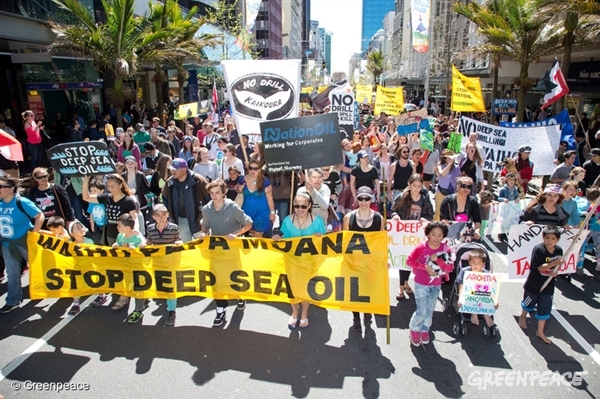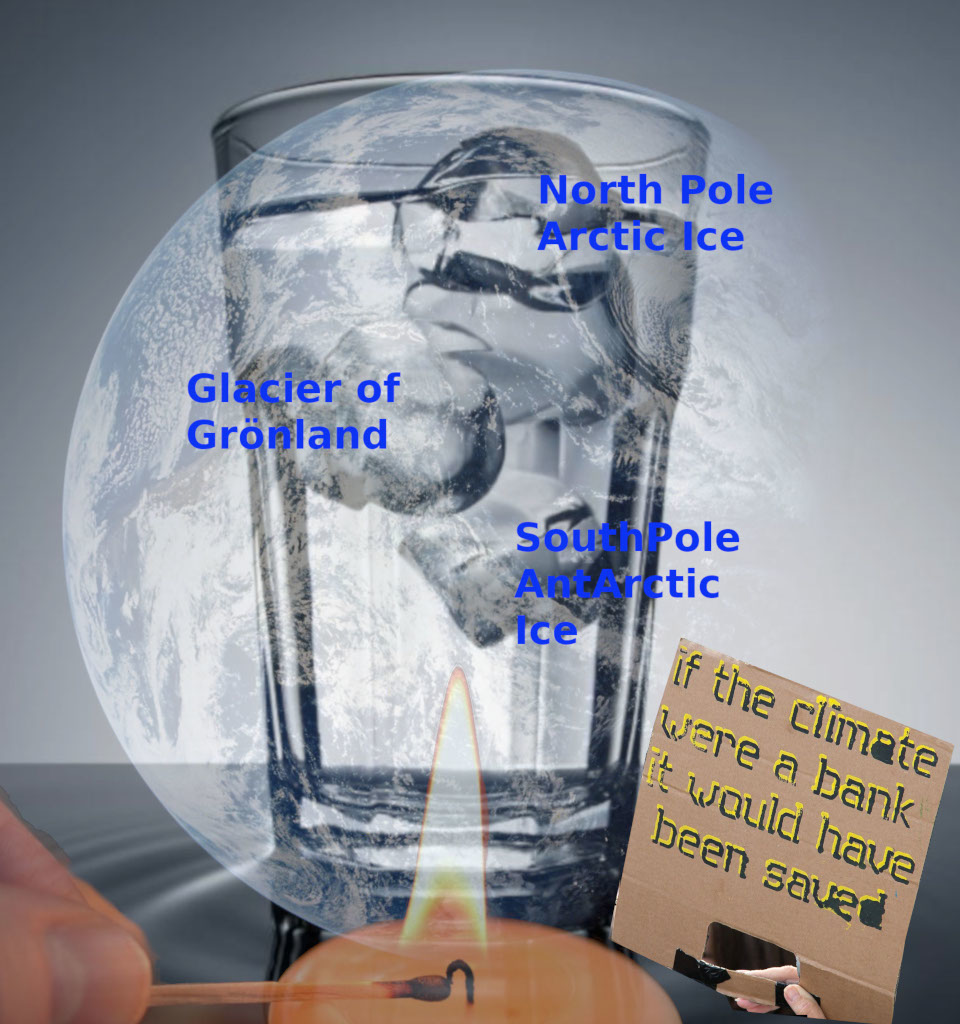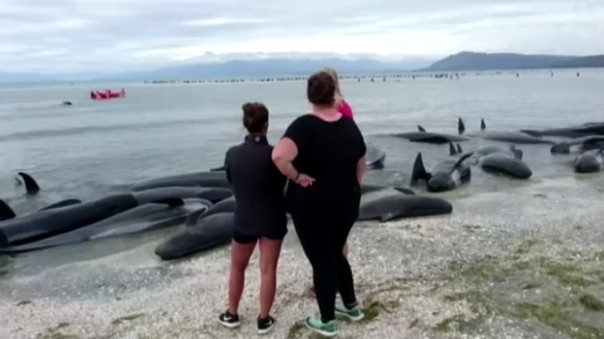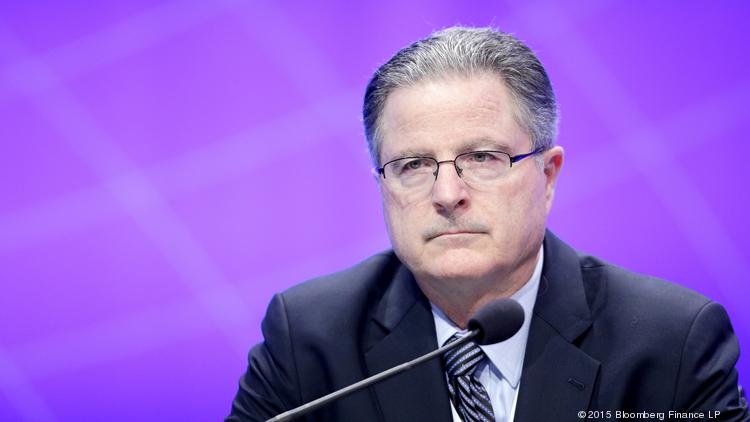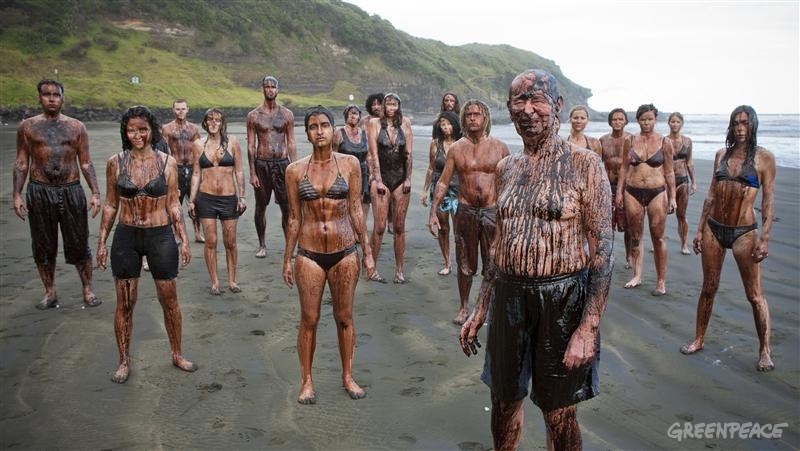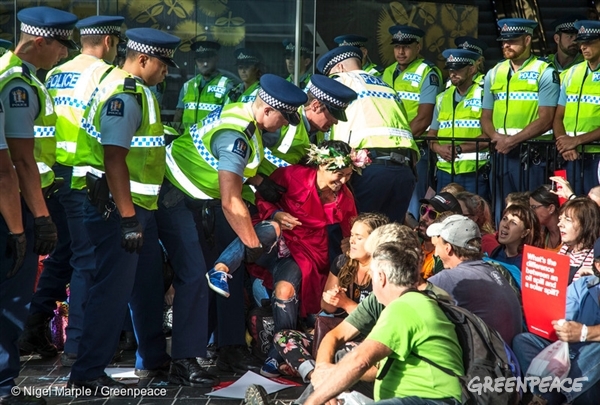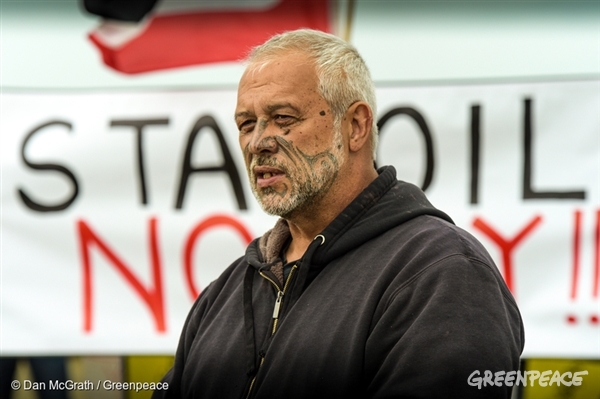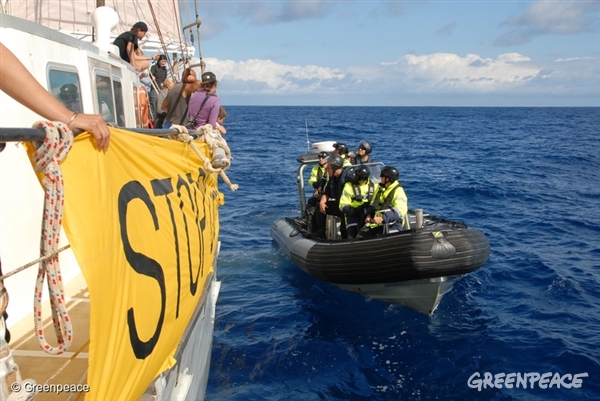Evtl. DER WICHTIGSTE ARTIKEL zum Klimawandel EVER!
Untertitel: was haben die Nord- und Süd-Polkappen mit dem Klima in Europa zu tun?
-> https://www.heise.de/tp/news/Was-kommt-nach-der-Polschmelze-2027223.html
Um Wasser vom flüssigen in den festen (Eis) Aggregatzustand zu überführen wird eine erhebliche Menge an Energie benötigt.
Pro Liter Wasser sind das knapp 334 Kilojoule oder 80 Kilokalorien.
Um sich eine Vorstellung zu machen – mit einer Energie von 80 Kilokalorien könnte man einen Liter Wasser von Zimmertemperatur auf 100 Grad erhitzen. (Quelle)
D.h. die Erderwärmung wurde durch die Eis-Pole aufgehalten – wie die Erwärmung von 3x Eiswürfeln in einem Glas Cola/Rum/Whatever.
Sind diese Eiswürfel geschmolzen, wird „die Soße“ schlagartig wärmer d.h. wird es auf diesem Planeten / auch in Europa um das Jahr 2040 schlagartig wärmer?
HIGH FIVE TO ALL NEW ZEALANDERS INVOLVED!
brave bunch of people 🙂 against Statoil and Chevron.
src: http://www.greenpeace.org/new-zealand/en/press/oily-people-send-warning-over/
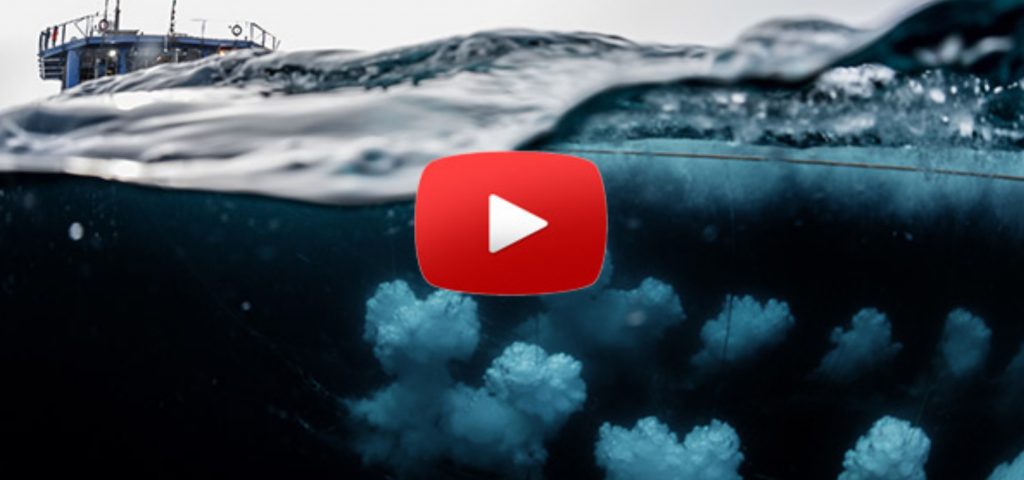
Cape Farewell is a headland in New Zealand 400 pilot whales who have become stranded at Farewell Spit in Golden Bay. pic.twitter.com/6CEaCwe6Qo
Scientists alarmed by ‘seismic blasting’ by oil industry in the Arctic Ocean
Does that matter to Chevron CEO Watson?
https://www.chevron.com/about/leadership/john-watson

At least 300 whales found dead in mass stranding on New Zealand beach – Watch
At least 300 pilot whales were found dead on a New Zealand beach and more than 400 whales were found stranded on Friday in .
Hundreds of whales DIE in mass stranding on New Zealand beach
Hundreds of whales have died overnight on a New Zealand beach after a mass stranding thought to be the largest in decades

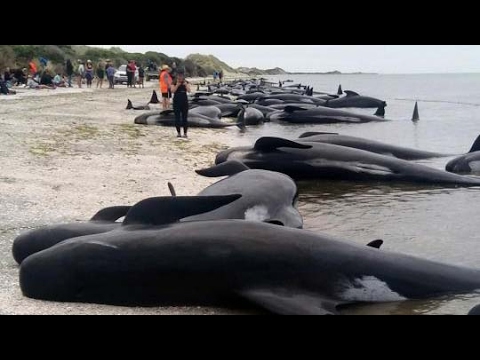
300 whales die in mass stranding in New Zealand
https://www.theguardian.com/world/2017/feb/10/hundreds-whales-die-mass-stranding-new-zealand-beach
The event was held at Muriwai to highlight the fact that Energy and Resources Minister Gerry Brownlee is intending to announce the awarding of further petroleum exploration permits by the end of August for oil in the Reinga and Northland coastal zones – which together cover 150,000 square kilometres, an area bigger than the whole of the North Island (1). The expected awarding of further permits to international oil companies is part of a dramatic escalation in planned deep sea oil drilling by the Government. In June this year the Brazilian owned Petrobras oil company was awarded an exploration permit off the East Cape.
„As the ongoing BP Gulf oil disaster demonstrates, deepwater oil drilling is inherently dangerous and accidents can have devastating effects on the marine environment, with huge economic consequences for the tourism and fishing industries. Not to mention the fact that burning oil fuels climate change,“
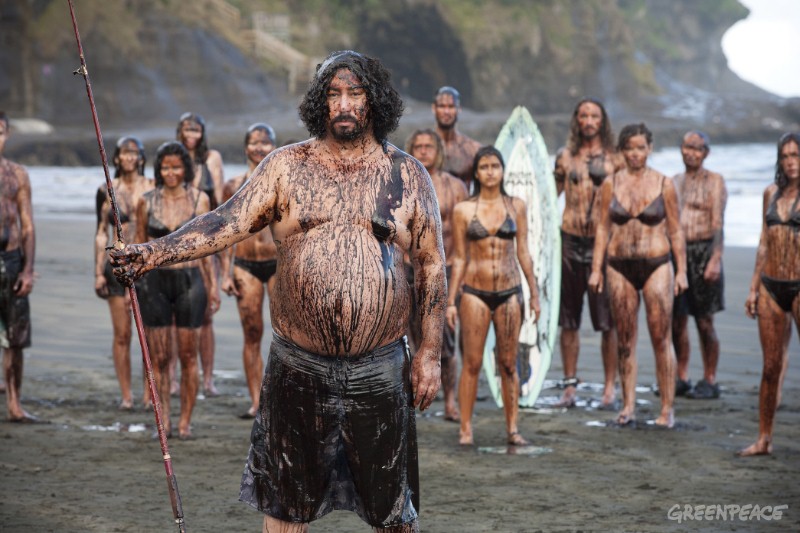
„Although the company’s representatives were quick to claim the move came as a result of the low a probability of finding oil there, the sudden exit follows years of protest by the Northland community.
The movement in Northland spread like wildfire to the rest of the country, and for the past five years, hikoi and protest against New Zealand’s destructive oil agenda have culminated with a bang at the Government-supported annual petroleum conference in Auckland.“
Source: http://www.greenpeace.org/new-zealand/en/blog/this-is-not-a-drill/blog/57755/
http://www.greenpeace.org/new-zealand/en/blog/its-time-to-push-statoil-out-for-good/blog/57740/
